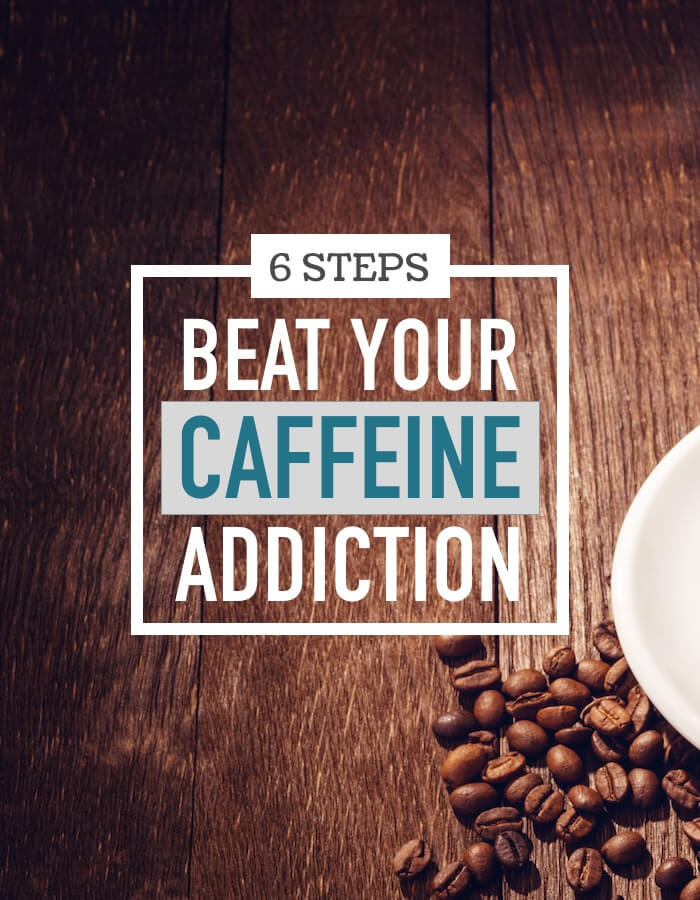Excitement About Caffeine Addiction, Abuse and Overdoses - Drug Profile - FHE


How To Beat Your Caffeine Addiction #Infographic - Visualistan
Getting My Reducing Your Caffeine Addiction For Better Health - Cubicle To Work
Tiredness. Difficulty concentrating. Nausea. Muscle discomfort. Irritation. In basic, the more caffeine you are utilized to consuming, the more severe the withdrawal symptoms are most likely to be. Signs of withdrawal start 12 to 24 hours after the last caffeine consumption and can last 2 to 9 days. Caffeine can be a helpful tool for a grownup who requires help get up and focusing.
Do not utilize caffeine excessive or you might end up being dependent or have insomnia or headaches. Otherwise, delight in that coffee or chocolate!.
Caffeine is a natural Stimulant discovered in coffee, tea, energy drinks, soft drinks, over the counter medications, and weight-loss help. It is the most typically utilized Psychedelic drug worldwide and has physically and psychologically addictive attributes. Keep Checking Back Here is even acknowledged as a medical condition by the American Psychiatric Association (APA).
The Best Guide To Caffeine Addiction Is RealHere's How To Beat It - Betterhelp
Aid is out there Connect to a devoted treatment supplier and find out how you can create the life you want. ideal Results Of Caffeine Light to moderate consumption is thought about safe and may even offer some health advantages, such as increased alertness and fewer signs of depression. On the other hand, Caffeine functions as a Central Nervous System (CNS) Stimulant that directly affects brain cells and can cause numerous negative side effects.

This Is How Your Brain Becomes Addicted to Caffeine - Science - Smithsonian Magazine
Its results can last in between three and 9 hours, depending upon the quantity taken in. The chemical structure of Caffeine looks like that of a particle called adenosine, which has a peaceful effect on the brain and can cause fatigue. When taken in, Caffeine fits into adenosine receptors in the brain, blocking them and preventing adenosine from binding to them.
250 to 300 mg of Caffeine a day is considered a moderate quantity. A typical 8-ounce cup of coffee includes around 100 mg, which suffices to increase alertness, concentration, and resting metabolic rate. Drinking more than 10 cups of coffee a day is considered extreme and can lead to Caffeine poisoning.
The Of Caffeine Addicts Anonymous - 12 Step Support Group for

Symptoms of overuse consist of: Uneasyness Flushed facial skin Increased urine production Gastrointestinal issues Irregular heartbeat Muscle twitching and shaking Insomnia Stress and anxiety If someone suspects they have overdosed on Caffeine, they need to call a local poison nerve center to determine whether hospitalization is needed. Mixing alcohol with Caffeine can increase the effectiveness of side effects from both and can trigger agitation.
